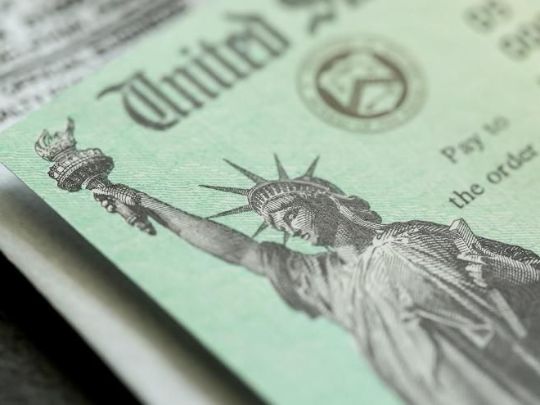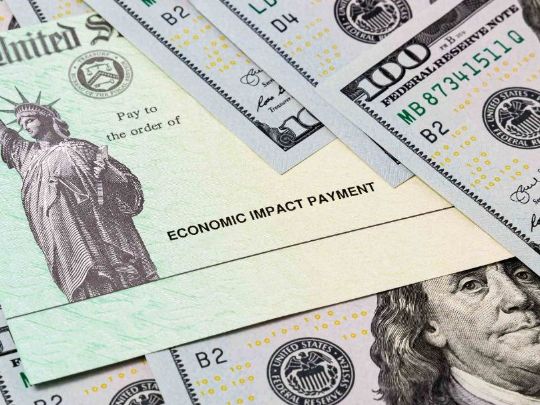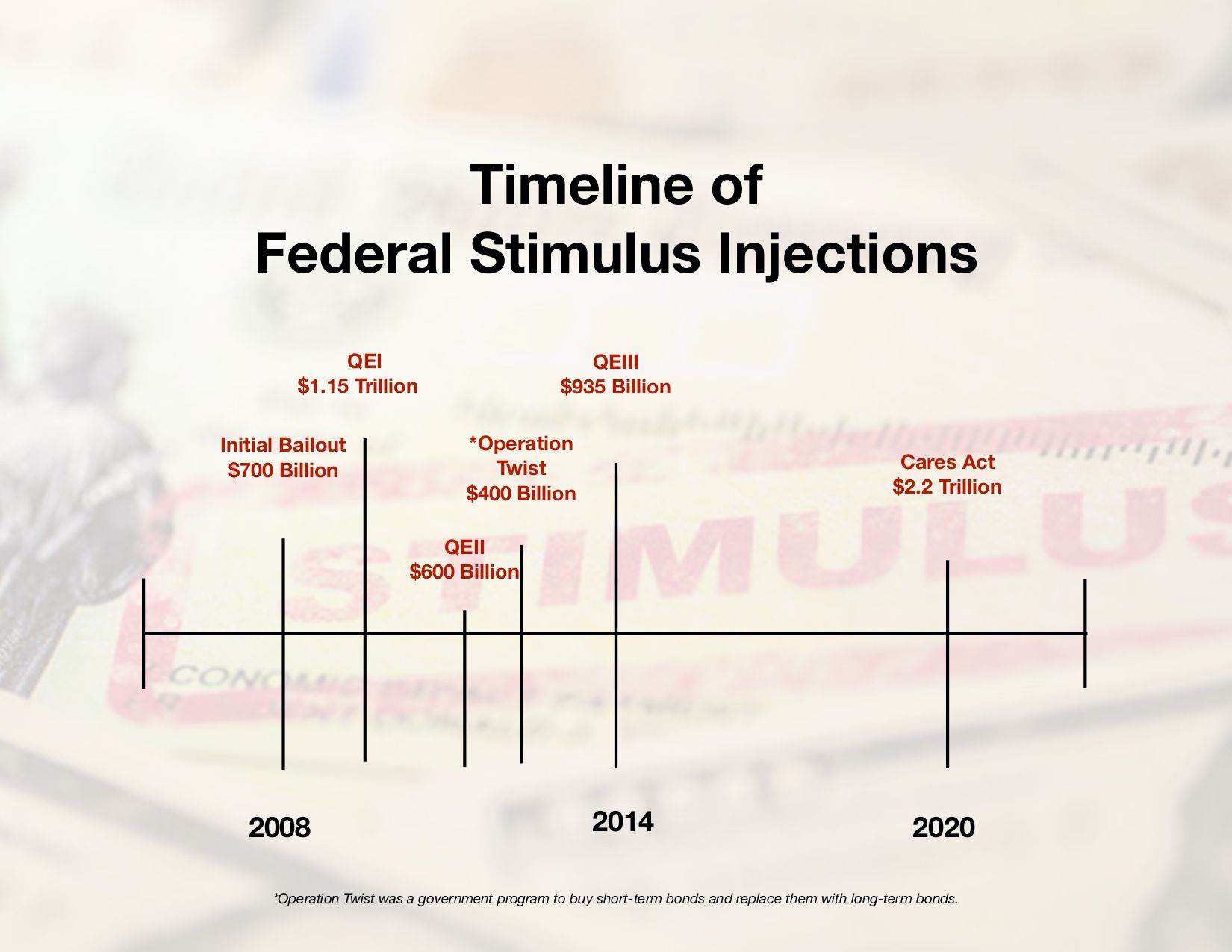Federal Stimulus
Enacting a monetary policy to offset a cataclysmic economic or financial event



WISE Investments
New Podcast Series: PostPandemicInvestments.com
An educational podcast series dedicated to financial awareness for both novice and seasoned investors. We discuss the ideology into creating this one-of-a-kind educational resource center, focusing on financial awareness within a post-pandemic reality.

Frequently Asked Questions
Financial Stimulus and Monetary Policy
HISTORY OF THE FEDERAL STIMULUS

“Government spending is taxation. When you look at this, I've never heard of a poor person spending himself into prosperity; let alone I've never heard of a poor person taxing himself into prosperity.”
Arthur Laffer - Financial Writer
Featured Educational Articles
educational awareness - Article Summaries
Educational awareness to make the best financial decision for your needs.
Extended Content - Various Resources
Supporting educational content relevant to financial planning considerations.
